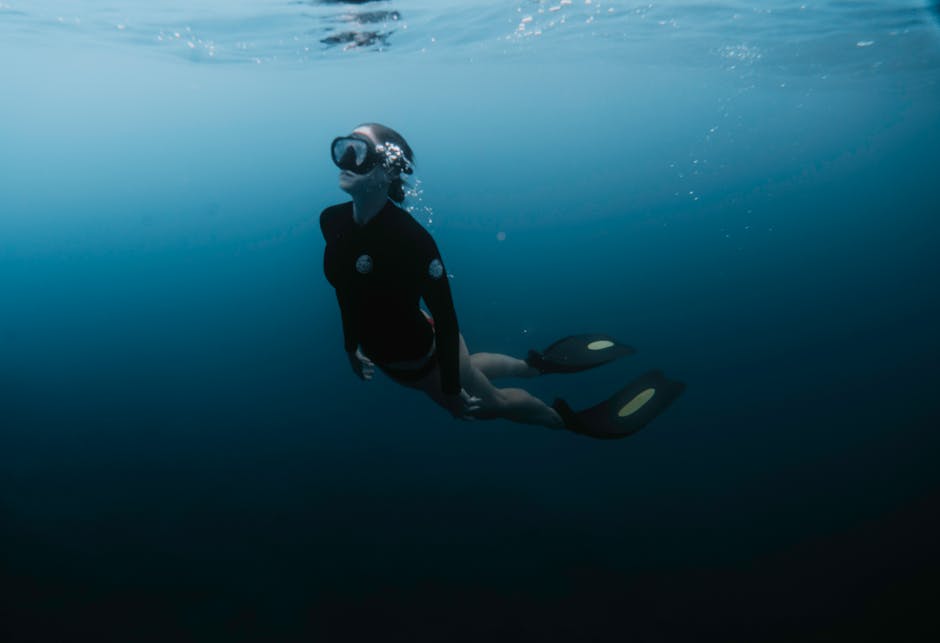Types of Dive Training Programs
Types of Dive Training Programs
Blog Article

With the increasing demand for skilled professionals in underwater operations, dive training programs have become essential for anyone looking to pursue a career in this exciting field. Whether it's for commercial diving, scientific research, or recreational purposes, the right training can make all the difference in ensuring safety and efficiency underwater. Understanding the various types of programs available can help aspiring divers make informed decisions about their education and career paths.
Types of Dive Training Programs
Dive training programs can be categorized based on the objectives and environments in which divers will operate. Here are some of the most common types:
- Recreational Diving Programs: These are designed for individuals who want to explore the underwater world for leisure. Courses often include Open Water Diver certifications from agencies like PADI or NAUI.
- Commercial Diving Programs: Aimed at those seeking careers in underwater construction, inspection, or maintenance, these programs provide comprehensive training in various techniques and safety protocols.
- Technical Diving Programs: For seasoned divers, technical diving offers advanced skills such as deep diving, cave diving, and mixed gas diving. These programs require prior certifications and focus on specialized gear and emergency procedures.
- Scientific Diving Programs: Tailored for researchers, these programs emphasize data collection and underwater research methodologies, often integrating academic study with practical diving skills.
Essential Skills and Knowledge Areas
Regardless of the type of dive training program, certain core skills and knowledge areas are crucial for all divers:
- Safety Protocols: Understanding how to manage risks and respond to emergencies is paramount in diving.
- Equipment Familiarity: Divers must know how to use a variety of diving gear, including tanks, regulators, and wetsuits.
- Underwater Navigation: Skills in navigating underwater environments are essential, especially for technical and scientific divers.
- Physiology and Physics of Diving: Knowledge of how pressure and gas laws affect the body is critical to safely enjoying the underwater experience.
The Importance of Certification
Certification is a key aspect of dive training programs. Most reputable agencies require divers to complete specific courses and demonstrate proficiency in various skills before earning their credentials. This not only ensures that divers are well-trained but also boosts their employability in commercial and scientific fields.
For example, many commercial diving jobs require certification from recognized organizations, such as the Association of Diving Contractors International (ADCI) or the International Marine Contractors Association (IMCA). These certifications often encompass rigorous training in both practical and theoretical aspects of diving.
Choosing the Right Dive Training Program
When selecting a dive training program, consider the following factors:
- Accreditation: Ensure the program is accredited by a recognized diving organization.
- Instructor Experience: Instructors should have extensive diving experience and appropriate certifications.
- Facilities and Equipment: Look for programs that offer modern facilities and well-maintained equipment.
- Course Flexibility: Consider whether the program offers flexible schedules that fit your lifestyle and goals.
Additionally, some programs even offer specialized dive training programs that focus on unique skills, such as underwater photography or ROV operations, catering to niche interests and industries.
Conclusion
In summary, dive training programs are vital for anyone looking to explore the depths of the ocean, whether for fun or profession. With diverse options available, prospective divers should thoroughly research their choices to find the program that best fits their objectives. The right training not only enhances safety but also opens doors to a world of underwater adventure and career opportunities.
Report this page